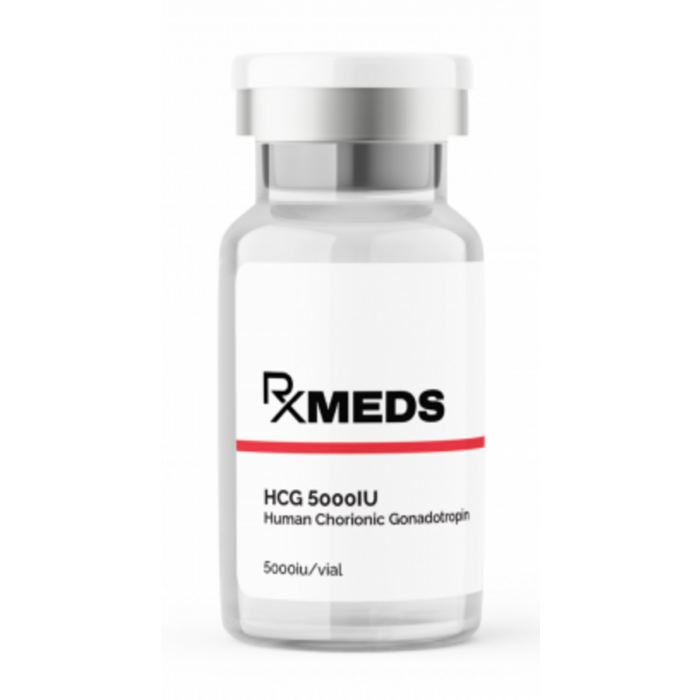Read More
What is HCG (Human Chorionic Gonadotropin)?
HCG (Human Chorionic Gonadotropin) is a hormone produced naturally during pregnancy. It is also used as a medication to treat various conditions, including infertility in women, low testosterone in men, and delayed puberty in boys. HCG works by mimicking luteinizing hormone (LH), stimulating the release of eggs in women and the production of testosterone in men.
HCG is commonly administered via subcutaneous or intramuscular injection under medical supervision.
- Generic name: human chorionic gonadotropin
- Brand names: Pregnyl, Novarel, Ovidrel
- Drug classes: Gonadotropins, fertility agents
Warnings
- HCG should only be used under the guidance of a healthcare provider, particularly for fertility treatments or hormone replacement therapy.
- Do not use HCG if you have a history of hormone-sensitive cancers, such as prostate or breast cancer.
- Prolonged use or misuse of HCG can lead to side effects such as ovarian hyperstimulation syndrome (OHSS) in women or gynecomastia (enlarged breast tissue) in men.
- HCG may increase the risk of blood clots. Inform your doctor if you have a history of clotting disorders.
Before Using This Product
- Do not use HCG if you are allergic to it or any of its components.
- Inform your healthcare provider if you have a history of ovarian cysts, uterine fibroids, or hormone-sensitive cancers.
- Disclose any medications or supplements you are taking, as some may interact with HCG.
- Inform your doctor if you are pregnant or breastfeeding.
How Should I Take HCG?
- Administration: HCG is typically administered via subcutaneous or intramuscular injection. Follow your doctor’s instructions carefully.
- Dosage: Dosage varies depending on the condition being treated. Common dosages for fertility treatments range from 5,000 to 10,000 IU.
- Monitoring: Regular monitoring of hormone levels and response to treatment is necessary.
What Happens If I Miss a Dose?
- Contact your healthcare provider for instructions if you miss a dose.
- Do not take an extra dose without consulting your doctor.
What Happens If I Overdose?
- Symptoms of overdose may include bloating, abdominal pain, or nausea.
- Seek emergency medical attention if you suspect an overdose.
What to Avoid
- Avoid self-administering HCG without proper training or medical supervision.
- Avoid heavy physical activity, as HCG may increase the risk of ovarian hyperstimulation syndrome (OHSS) in women.
- Avoid alcohol or other substances that may interfere with treatment.
HCG Side Effects
Common side effects may include:
- Headache
- Bloating
- Injection site reactions
- Fatigue
- Breast tenderness
Seek immediate medical attention if you experience severe or unusual symptoms, such as:
- Severe abdominal pain or swelling
- Difficulty breathing
- Severe allergic reactions, such as swelling of the face, lips, or tongue
- Signs of blood clots, such as pain, redness, or swelling in the legs
 |
|
